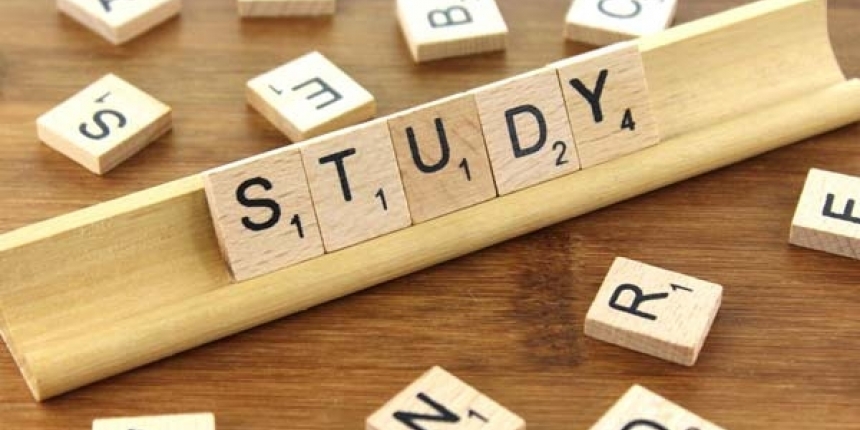One of our key objectives at Thomas Hassall, particularly in the Senior Years of schooling, is to develop the ability to guide our own learning, or to become ‘Self-Regulated’ as we say in the Thomas Hassall Learner Profile.
What this really means is understanding where we are in our learning, knowing where we need to go, and being able to apply the right strategies to then move toward our goal.
Recently in Year 11 and 12 Study Skills seminars, we have been focusing on what this looks like from the perspective of our personal study habits. Study habits extend well beyond preparation for an exam – they become organisational and learning skills that we can apply into further study and the workplace.
As a part of our seminars, Year 11 and 12 students have explored the following key ideas:
- Have key goals to work towards when you study. Don’t just sit down and ‘study’, but have a clear goal of what you need to achieve and how you are going to do this.
- Start with addressing your weaknesses. Our first tendency will usually be to do what is easy. Facing difficulty causes us discomfort and can challenge our sense of self. But we never get better at something by avoiding it! Our weaknesses are the areas where we can make the largest learning gains.
- Apply active, not passive revision strategies. This has been our key focus. When most people get into their study sessions, they implement the time-honoured routines of re-reading material, highlighting key parts and taking basic notes. However, we know from extensive research on memory retention that these methods are not as effective at locking things into our memories because they are fundamentally passive. Instead we should apply active revision strategies – strategies which demand us to think, process and apply information and force our recall of it. What does this look like? Here are three simple strategies:
- Completing mind maps or graphic organisers which force us to draw out the key ideas from a section of text and show relationship between concepts. This can be an excellent way to help with essay planning, or synthesising the core concepts of a unit.
- Self-testing. The single best way that researchers have discovered of locking things into our memory is to repeatedly test our memory on something. Creating and using flash cards to test our memory is the easiest way to do this and we can even do it collaboratively with another person (such as our mum or dad!). Completing practice multiple choice is another great option here.
- Completing practice questions/responses. This is important for several reasons. Firstly, it forces us to do ‘heavy mental lifting’ which is excellent for our memory. We must process knowledge before we can apply it so it helps us think through our understanding. Secondly, it helps us become familiar with the typical types and styles of questions that we will need to respond to. Third, it creates an opportunity for self-reflection or, even better, feedback from a teacher.
Mr David Cole
Senior School Director of Teaching and Learning

